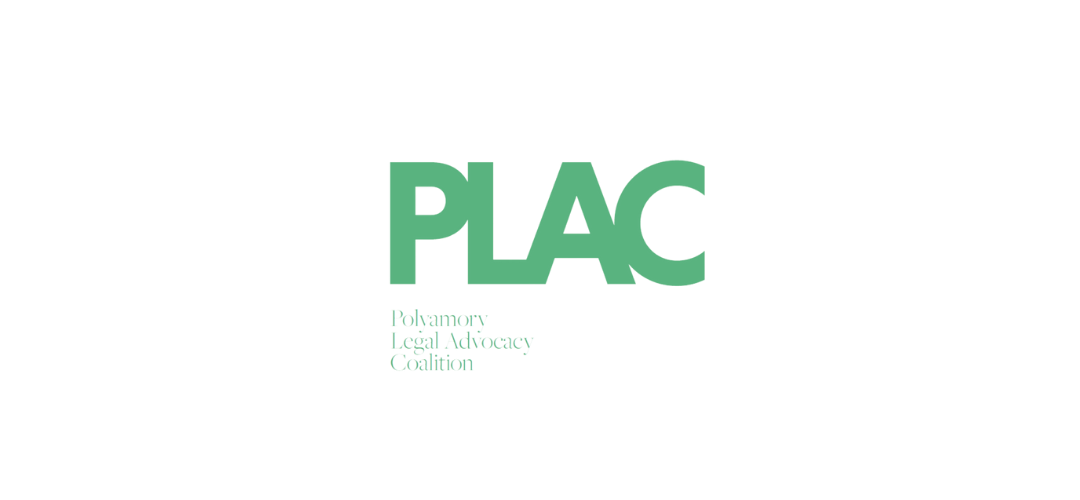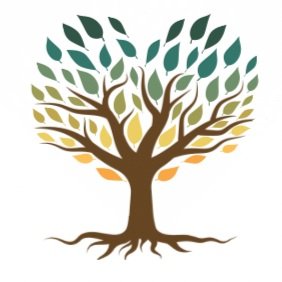
Current Research, Education, & Policy Projects


Modern Family Institute
Embarking on a fresh endeavor to address family and relationship diversity, I am laying the groundwork for the Modern Family Institute (MoFI). This promising new initiative seeks to deepen our understanding of diverse family structures and relationships, advancing the cause of inclusion and acceptance across society. As part of this mission, MoFI is committed to fostering research and providing much-needed support for a diverse range of family forms and relational dynamics.
In collaboration with Dr. Lily Lamboy and a dedicated team, we are offering a unique platform that will contribute to pioneering advancements in this field. Our vision includes creating educational resources, spearheading relevant research, and advocating for policy changes that reflect the families and relationships that exist in contemporary society.
MoFI's mission extends beyond the academic sphere, seeking to have a real-world impact on the lives of individuals within diverse relationship structures, offering them the resources, recognition, and representation they need. The initiative serves as an essential conduit to communicate the experiences of those living in non-nuclear families and relationships, influencing public discourse, policy, and attitudes.
For more information about MoFI, or if you're interested in supporting our mission, please visit Modern Family Institute. We believe that this cause will significantly advance the understanding and acceptance of all forms of family and relationship structures and we invite you to be a part of this transformative journey.
Kinsey Institute
I am honored to serve as an Affiliate Faculty member at the prestigious Kinsey Institute, known worldwide for its pioneering research in human sexuality, gender, and relationships. Additionally, I am an Advisor to the Kinsey Institute's Haslam Collection on Polyamory, an initiative that seeks to document and understand ethical non-monogamy and polyamory practices across the globe.
The Haslam Collection on Polyamory is an essential part of the Institute's ongoing efforts, aiming to capture a comprehensive view of diverse relationship practices and styles. It's an effort to fill a significant gap in the understanding of human relationships, contributing to more inclusive and comprehensive knowledge in this field.
In my advisory role, I am involved in the collection of historically significant artifacts that shed light on the practices and experiences of ethically non-monogamous and polyamorous individuals and communities. These artifacts are invaluable for providing insights into the nuanced, complex, and diverse expressions of non-monogamy and polyamory worldwide.
Moreover, I provide counsel for collection-related projects, offering my expertise and guidance to ensure that these initiatives accurately and respectfully represent the experiences of those within ethically non-monogamous and polyamorous relationships. Through this role, I am able to contribute to the ongoing work of expanding our understanding of family and relationship diversity.
APA Division 44 Committee on Consensual Non-Monogamy
I’m is a Founding Co-Chair of the APA Division 44 Committee on Consensual Non-Monogamy (CNM). In this position, I helped establish and now support a 30-member interdisciplinary team addressing our Strategic Initiatives related to family and relationship structure diversity. Alongside Dr. Amy Moors of Chapman University, I lead the committee’s wide-ranging, national agenda, including education, research, psychological services, and healthcare policy reform in order to support consensual multi-partner families and relationships.
Through this role, I have pushed for tangible, nation-wide change on a number of projects from helping make it possible to search for therapists who specialize in non-monogamy, to creating empirical resources for mental and medical health providers, and advocating for inclusive healthcare policies. Click here to read a blog post about what we’ve accomplished.
Polyamory Legal Advocacy Coalition (PLAC)
In 2020, I co-founded the Polyamory Legal Advocacy Coalition (PLAC) to address the unique challenges faced by polyamorous and other non-nuclear family and relationship structures. Working alongside a team of dedicated legal professionals and researchers, I am striving to ensure legal equity for the myriad of family and relationship structures that exist in our modern society. Through public policy, model legislation, expert testimony, and public outreach, PLAC aims to reduce the legal hurdles this community faces in trying to create security in their families and relationships.
Already, we have helped several cities in Massachusetts pass the first ordinances in the country to broaden the definition of domestic partnership to include relationships between three or more adults, marking an important step forward in achieving legal recognition. We also led efforts to pass the first ordinances that extend legal protections against discrimination to people in polyamorous and other non-nuclear family and relationship structures further emphasizing our commitment to fostering an inclusive and equitable environment for all. You can read more about the implications of passing the first non-discrimination ordinance in a blog I wrote here.
Our work expand the sociopolitical advantages typically afforded folks who have traditional romantic partnerships and marriages. Aside from basic social acceptance, there are concrete protections and benefits baked into our legal system for couples, including tax breaks and rules around personal privacy and medical support. The individuals and families we support currently face challenges in areas such as employment, housing, domestic partnership, and child custody law. Policy support is needed to address these challenges and create a more inclusive environment. The lack of legal protection leaves the community vulnerable to discrimination that negatively impacts loving, stable families.
Drawing on my experience as a scholar and counseling psychologist, I am helping dispel myths about non-nuclear families and relationships. Our work not only impacts the daily lives of individuals who have not been considered in our laws but also helps shape public policy and advance the conversation about the legal rights for future generations.







